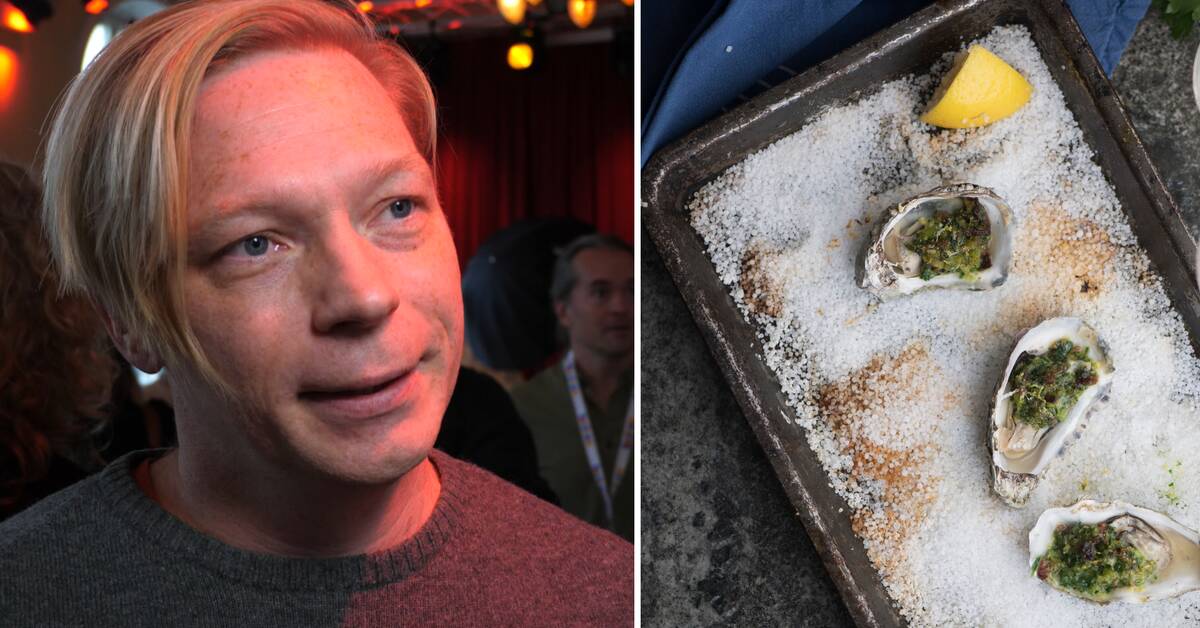The novel is about
Helena who one morning gets into the car and, in Bodil Malmsten fashion, leaves everything with the destination of the French Atlantic coast.
A frozen relationship with her daughter, a second tepid marriage and a career as a geologist, as frozen as the objects she studies.
It is also about a mythological expedition in the 1800s, where the dilapidated steamer Le Morlaisien, under the command of a cruel and greedy captain, ships oysters.
But hubris overloads the boat, the oysters rot in a storm and are dumped overboard, along with the weakest member of the crew, and this accident, according to legend, becomes the foundation of today's oyster industry.
A colonial story
of racism and violence that echoes every time the middle class of the Western world puts oysters on its plate.
Perhaps precisely the kind of "Fine de Claire" that Daniel Gustafsson chose as a hiding place for his criticism of civilization - which can be read as a metaphor, an example, an image of human destruction.
And the novel is about – with a sly opening quote from the Unabomber, Theodore Kaczynski, about our distaste for culture.
At once seductively easy to sympathize with and nasty in its undercurrents of eco-fascism and naturalism.
A woman on
a secret mission travels through today's broken Europe, with the dream of a world without human destruction.
As a geologist, she is used to thinking in deep layers of time, back to the birth of the Earth's surface by the continental plates.
Her encounter with other people is full of friction, but a wind-driven young man becomes a reflection of the tormented boy who is killed in the 19th century story.
Here, a concern for weak emotions ticks - which reveals the lack of contact between the present and the future, the betrayal of the next generation.
Gustafsson's first
novel "Odenplan" was about a father, haunted by the thought that his son would freeze without gloves.
The novel's Helena wants to save the suffering, fight for freedom - but is she a dreamer or a terrorist?
The sea is perhaps the basic essence of the novel.
The sea which is the home of the oyster "one of the world's oldest living animals, over two hundred million years old", as well as the original home of man who enslaves all living things.
"Fine de Claire" manages to
combine melancholy with rage, in its best moments resembles a Joseph Conradian "Heart of Darkness" for our time.
It is like the flow of a tide that exposes and hides page after page.
Immersive.

